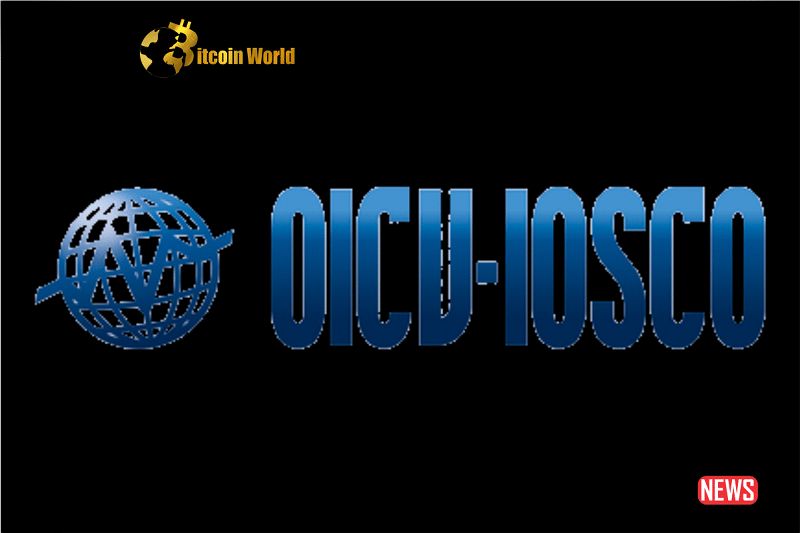In the ever-evolving landscape of decentralized finance (DeFi), regulators have grappled with defining the boundaries of this digital frontier. The question of what constitutes a DeFi venture has loomed, prompting calls for bespoke regulations or adapting existing rules to this novel ecosystem. The International Organization of Securities Commissions (IOSCO), a body influential in shaping global securities market policies, has introduced a groundbreaking proposal: holding all parties involved in a DeFi venture accountable.
In a recent publication, IOSCO challenged the notion that DeFi is inherently decentralized and beyond regulatory reach, emphasizing that even in DeFi arrangements, there are identifiable “responsible persons.” Tuang Lee Lim, Chair of IOSCO’s Fintech Task Force, debunked the myth, stating, “In reality, regardless of the operating model of the DeFi arrangement, ‘responsible persons’ can be identified.”
This proposal signifies a significant departure from the laissez-faire attitude regulators have adopted towards DeFi until now. Traditionally, the focus has primarily been on centralized players like Binance and Coinbase. IOSCO’s new approach, however, seeks to cast a wider net, ensnaring a diverse array of individuals within the DeFi ecosystem.
Under IOSCO’s framework, potential “responsible persons” span a broad spectrum, encompassing DeFi project developers, participants in Decentralized Autonomous Organizations (DAOs), token holders, and even those advocating protocol usage. While this approach is intended to bolster consumer protection, it has sparked a passionate response from DeFi advocates.
Marina Markezic, Executive Director of the European Crypto Initiative, voiced concerns about the far-reaching implications, cautioning against punishing individuals who may not have intentionally harmed others. Erwin Voloder, Head of Policy at the European Blockchain Association, raised specific challenges regarding DAOs, which serve as the backbone of governance for DeFi projects like Maker, Uniswap, and Aave.
Voloder highlighted the difficulties in determining who precisely constitutes the DAO and whether they can be held liable. These uncertainties raise questions about the practical enforceability of such regulations, especially in DAOs, where governance tokens grant influence akin to shareholders in publicly listed companies.
IOSCO’s proposal represents a significant step toward regulating the DeFi space, acknowledging its growing influence in the financial world. However, the path forward is fraught with challenges, as balancing accountability and innovation remains complex and contentious. As discussions unfold, the DeFi community and regulators must navigate these uncharted waters, seeking common ground to ensure decentralized finance’s continued evolution and security.
Disclaimer: The information provided is not trading advice, Bitcoinworld.co.in holds no liability for any investments made based on the information provided on this page. We strongly recommend independent research and/or consultation with a qualified professional before making any investment decisions.

